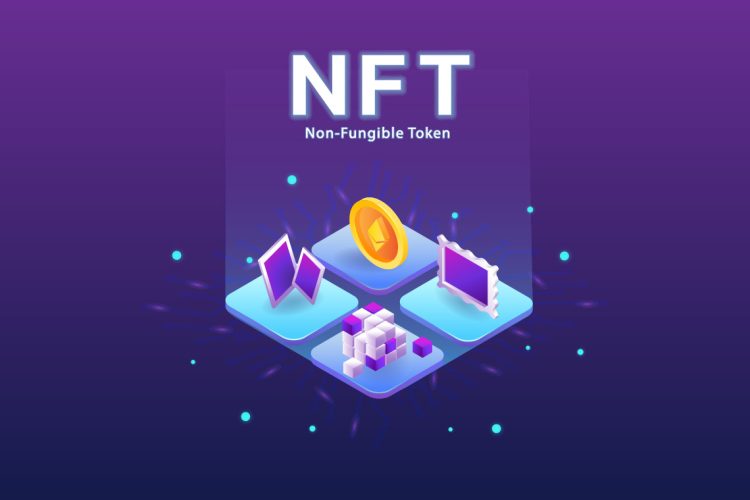Beyond Digital Collectibles: 4 Industries NFTs Are Revolutionizing

Categories :
Non-fungible tokens (NFTs) have taken the Internet by storm as they hold a promise to redefine the ownership of digital assets that can result in novel business models. While they have proven to be a big business in art and gaming, several other industries such as entertainment, finance, healthcare, and real estate are buying into the hype to fight the technology’s bubble burst claims, says GlobalData, a leading data and analytics company.
Kiran Raj, Principal Disruptive Tech Analyst at GlobalData, comments: “In a rapidly growing digital world, it is often hard to claim the ownership of creative content and distinguish it from others. A copy of a JPG file, for instance, is the same as the original. As a result, there is a growing need to replicate key properties of physical assets like proof of ownership and uniqueness. NFTs, in essence, can meet this need with their blockchain-powered unique properties like provenance and scarcity. Slowly but surely, they are evolving to be much bigger than an art fad as their real-time use cases thrust forward in multiple industries.”
GlobalData’s latest report, ‘Towards Next Generation Asset Class: Can NFTs Outlive Hype as New Gold of Crypto Economy?’, highlights the current state of play and future potential of NFTs across key applications including art, entertainment, fashion, finance, gaming, healthcare, music, real estate, and sports.
Entertainment
NFTs enable entertainment companies to rebuild fan economies with limited-edition content and collectibles as a new mechanism of storytelling. American startup Curio creates officially licensed digital collectibles from a host of popular and legendary television shows, blockbuster movies, comic books, and generative avatars. Its partners include popular names in the industry like Universal Pictures, Fremantle, Dark Horse Comics, and Heavy Metal.
Finance
The most straightforward use case of NFTs in decentralized finance is obtaining loans against valuable digital assets without selling them. South Africa’s NFT marketplace NFTfi allows users to put up their NFT assets like art as collateral for a loan or offer loans to other users on their NFTs. The startup boasts a total loan volume of more than US$12m on its platform so far.
Healthcare
Genetic testing facilities have been sharing our DNA with big pharma companies to cut off years in drug research. However, it often raises concerns on how these companies sell our most personal data for huge profits without passing any benefits to us. London startup Shivom claims to be the world's first NFT marketplace for genomic data that can offer transparency and complete control on our DNA data, which allows to earn from it. This way, NFTs can encourage genetic data sharing and significantly contribute to precision medicine.
Real Estate
Albeit in its fancy, virtual real estate is evolving as a comparable asset class to traditional real estate. Brazil’s Decentraland enables the purchase of virtual lands in the form of NFTs. In July 2021, a piece of virtual land on the platform was sold for nearly US$1m. Sotheby’s, a premier auction firm for art and luxury, has also launched a virtual replica of its London office on Decentraland.
Mr Raj concludes: “The year 2021 looks to be promising for NFTs as their use cases are slowly spreading to new domains. However, NFT adoption as a mainstream technology can be challenged by caveats like lack of scalability, high transaction fees, high energy consumption, and unsatisfying user experiences. If such roadblocks are addressed, more business leaders would be inspired to investigate the potential of NFTs to convert into new corporate functioning models.”
Citiesabc was created by a team of global industry leaders, academics and experts to create new solutions, resources, rankings and connections for the world’s top cities and populations.








